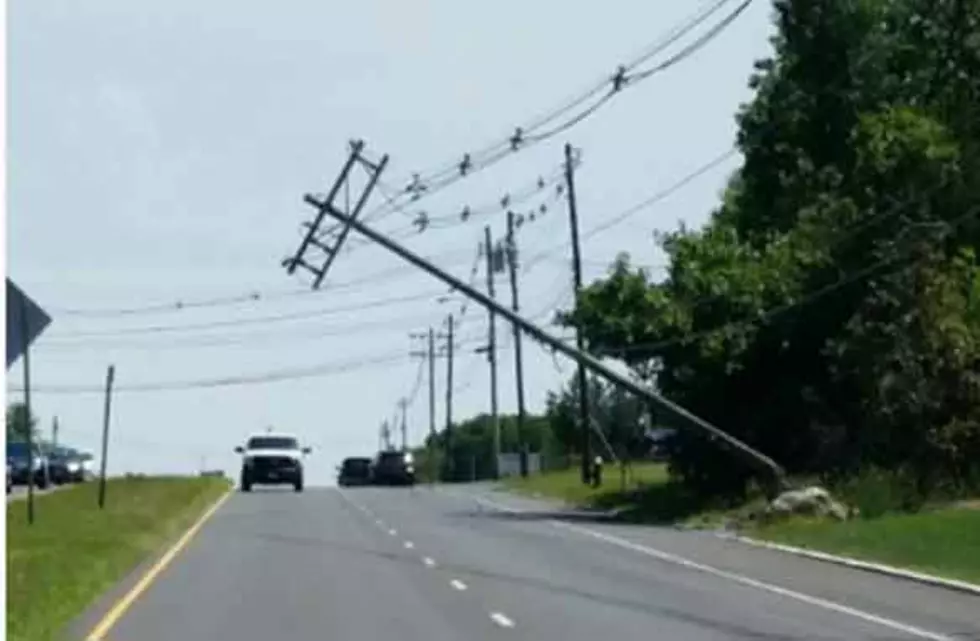
NJ pushes for clean energy but rate agency worried about utility bills
Gov. Phil Murphy is pressing ahead with an ambitious plan to change the way New Jersey gets its electric power.
The new State Energy Master Plan, which is supposed to be completed by the end of the year by the Board of Public Utilities, has a goal of 50% renewable energy by 2030 and a 100% clean energy economy by 2050.
Last month in Jersey City, Murphy met with environmental advocate and former vice president Al Gore to sign an executive order that raises the state's offshore wind goal from 3,500 megawatts of wind-generated electricity to 7,500 megawatts by 2035.
During the ceremony Murphy pointed out the state’s plan to develop a massive offshore wind farm will “generate billions of dollars in investments in New Jersey’s future that will create thousands of jobs.”
He and other officials have talked about how clean, renewable wind and solar energy will lower costs in the long term. But so far there has been little specific information provided about initial energy costs, and how much of a rate increase New Jersey homeowners and businesses will actually see.
This has New Jersey’s top consumer watchdog concerned.
Stefanie Brand, the director of the New Jersey Division of Rate Counsel, said a transition to clean renewable energy is important “but what we’re trying to make sure is that we do it in a way that balances affordability with the clean energy goals that we have and the need to reduce our carbon output.”
The Energy Master Plan lays out many initiatives for solar, wind and other power sources.
Part of how the Energy Master Plan is being developed involves economic modeling, but Brand that can be problematic.
"Because when they look at how are we going to get to our carbon goals, they’re anticipating that we’re going to be relying on nuclear power even beyond when the current nuclear power plants licenses expire," Brand said. "The modeling doesn’t really tell you what it’s going to come down to in your bill.”
She said that could mean price increases that have not been factored into the equation.
Brand said Rutgers University is working on a rate impact analysis, but it’s unclear when they study will be completed.
“It’s of extreme importance to figure out how much money this is going to add to people’s bills. We really can’t just pile on and assume that people are going to be able to afford heat and all of those things that they need.”

Brand said the state needs to develop a coordinated approach to renewable energy costs, including solar, wind and nuclear.
“We need to not be in silos. We need to make sure that everybody is talking to each other and that on each given initiative we don’t overpay," she said.
“If we overpay on say solar, which we’ve been doing for many years, then we’re going to have less money available for energy efficiency, or for wind, because every single one of these things will show up on people’s bills.”
Brand said affordability is important.
“When it comes down to it, none of these things are going to work if you don’t get buy-in from the average consumer because they’re the ones that are going to have to do the energy efficiency, they’re the ones who are going to have to pay the bill.”
You can contact reporter David Matthau at David.Matthau@townsquaremedia.com
More From New Jersey 101.5 FM









